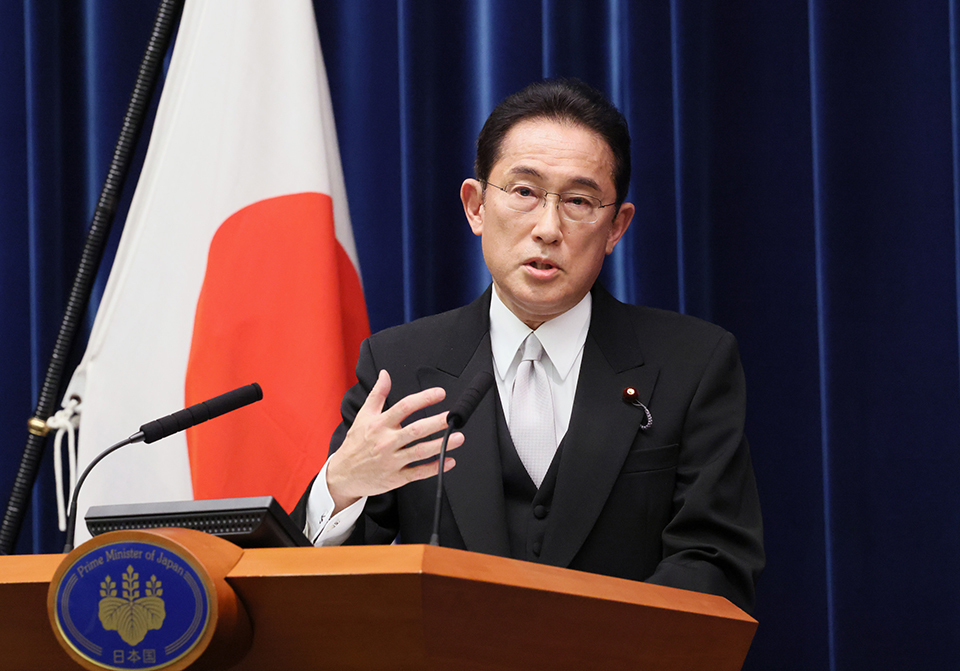New Delhi: Leaders of India, Israel, United Arab Emirates and the United States, I2U2 have said that the inaugural I2U2 leaders meeting focussed on the food security crisis and clean energy.
In a Joint Statement, the leaders today said, innovative ways were discussed to ensure longer-term, more diversified food production and food delivery systems that can better manage global food shocks.
The leaders said they intend to mobilize private sector capital and expertise to modernize infrastructure, advance low carbon development pathways for industries, improve public health and access to vaccines and advance physical connectivity between countries in the Middle East region.
The I2U2 leaders highlighted initiatives on Food Security and Clean Energy in their Joint Statement. The UAE will invest two billion dollars to develop a series of Integrated Food Parks across India that will incorporate state-of-the-art climate-smart technologies to reduce food waste and spoilage, conserve fresh water and employ renewable energy sources.
India will provide appropriate land for the project and will facilitate farmers’ integration into the food parks. US and Israeli private sectors will be invited to lend their expertise and offer innovative solutions that contribute to the overall sustainability of the project. These investments will help maximize crop yields and help tackle food insecurity in South Asia and the Middle East.
The I2U2 Group will advance a hybrid renewable energy project in Gujarat consisting of 300 Mega Watts of wind and solar capacity complemented by a battery energy storage system. The US Trade and Development Agency funded a feasibility study for the 330-million dollar project.
UAE-based companies are exploring opportunities to serve as critical knowledge and investment partners. Israel and the US intend to work with the UAE and India to highlight private sector opportunities. Indian companies are keen to participate in this project and contribute to India’s goal of achieving 500 GW of non-fossil fuel capacity by 2030.



